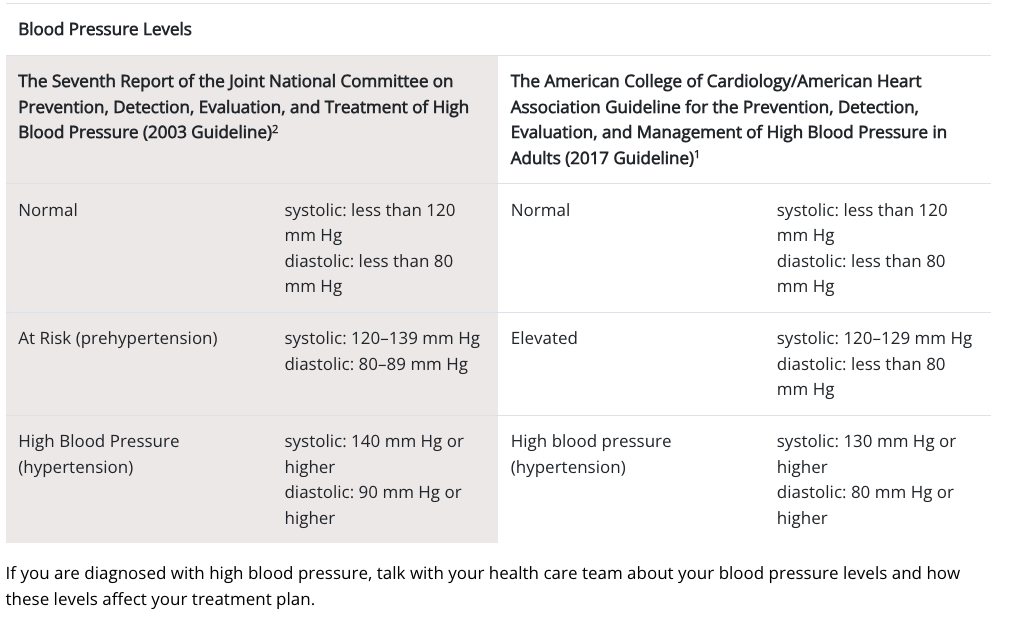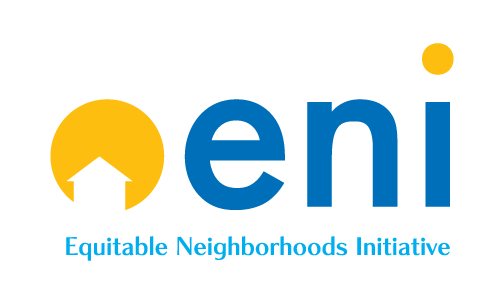August 30, 2023
– By Debbie Quinn –
ENI partner communities and their Advisory Groups answered questions about health in their communities. These conversations surfaced a few health issues that were of major concern across the state. ENI will begin to address these concerns through a Health Equity Plan for each community. We’d also like to highlight some of these concerns here to build capacity to deal with the health and quality of life challenges of tomorrow, starting today.
This month, we’ll be discussing hypertension.
Hypertension, also known as high blood pressure, has earned the nickname “the silent killer” because it often goes undiagnosed (and untreated) until it causes serious health problems. Understanding the mechanisms behind hypertension and its potential consequences can help individuals achieve better health outcomes.
What does hypertension look like?
To provide an example of how hypertension can affect a patient’s life, this blog will share the story of a community member named Herbert. Recently, Herbert visited his physician due to an accident at work. A hard-working immigrant, Herbert spent many years working demanding jobs in agriculture and construction to support his family.
Despite the physical labor his job demanded, Herbert had a family history that predisposes him to certain health conditions, and his diet didn’t help. After an injury at work resulted in a doctor’s visit Herbert learned that he had developed hypertension, also known as high blood pressure. Initially, Herbert wasn’t too concerned about his diagnosis – after all, his doctor had prescribed him blood pressure medication to help treat the high blood pressure. However, the medication can only help the condition and can’t cure it. Because the medication was not accompanied by healthy lifestyle changes, Herbert found his hypertension worsened over time, ultimately leading to renal failure. Herbert is just one of the more than 100 million Americans diagnosed with hypertension.
How do I know if I have hypertension?
A healthy blood pressure according to the American Heart Association is necessary for survival – without enough blood pressure, the human body does not have enough force with which to pump blood from your heart through your arteries and veins. A blood pressure cuff measures the pressure in the arteries and provides two numbers that indicate whether your blood pressure is healthy: the force when the heart beats (systolic) and the pressure when the heart rests between beats (diastolic).
A normal blood pressure reading is below 120/80. Typically, hypertension or pre-hypertension is diagnosed if blood pressure is repeatedly above a normal blood pressure reading. More than 50% of Americans have hypertension, indicating that their blood pressure is not within the normal range.

Source: Centers for Disease Control and Prevention, “High Blood Pressure Symptoms and Causes,” 2021
What are the symptoms and consequences of hypertension?
Symptoms of high blood pressure are often subtle and can go unnoticed for years. Herbert’s story is an example of the way many people are diagnosed with hypertension – during a routine or unrelated visit to the doctor. Some individuals are also diagnosed with hypertension after experiencing a hypertensive crisis which involves symptoms like dizziness, shortness of breath, and irregular heartbeats.
If left unmanaged, the Centers for Disease Control and Prevention (CDC) says the long-term damage of hypertension can lead to severe consequences, such as congestive heart failure and atherosclerosis (plaque buildup in arteries). It can also cause kidney-renal disease and failure along with stroke, paralysis and even death.
How can I prevent hypertension?
Certain factors increase the risk of hypertension and its consequences according to the CDC, including genetics, family history, race, and ethnicity. However, risks can be mitigated by making healthy lifestyle choices. Adopting a healthy low-sodium diet, engaging in regular exercise, not smoking, managing stress, and following medical advice are essential steps in managing high blood pressure. Even if individuals have a family history of heart disease or other medical conditions, taking these proactive measures can significantly improve their long-term health outcomes.
Want to know how to better manage stress related to hypertension or general life stressors? In the video below, Dr. Earl Suttle, Founder & Chairman of Leadership Success International provides an easy-to-remember acronym (STRESS) for managing stress.
Where can I go to learn more about hypertension, its prevention and treatment options?
Due to the prevalence of hypertension, blood pressure readings are typically taken at regular doctors’ appointments and during annual physicals. Schedule an appointment with your physician if you have symptoms of hypertension or would like to have a blood pressure screening.
If you don’t have a regular physician, health screenings that include blood pressure screenings are available through the Alabama Department of Public Health. Visit https://www.alabamapublichealth.gov/about/locations.html to find the closest ADPH location. Additional information about hypertension and high blood pressure prevention and care can be found at https://www.alabamapublichealth.gov/cardio/high-bp.html


